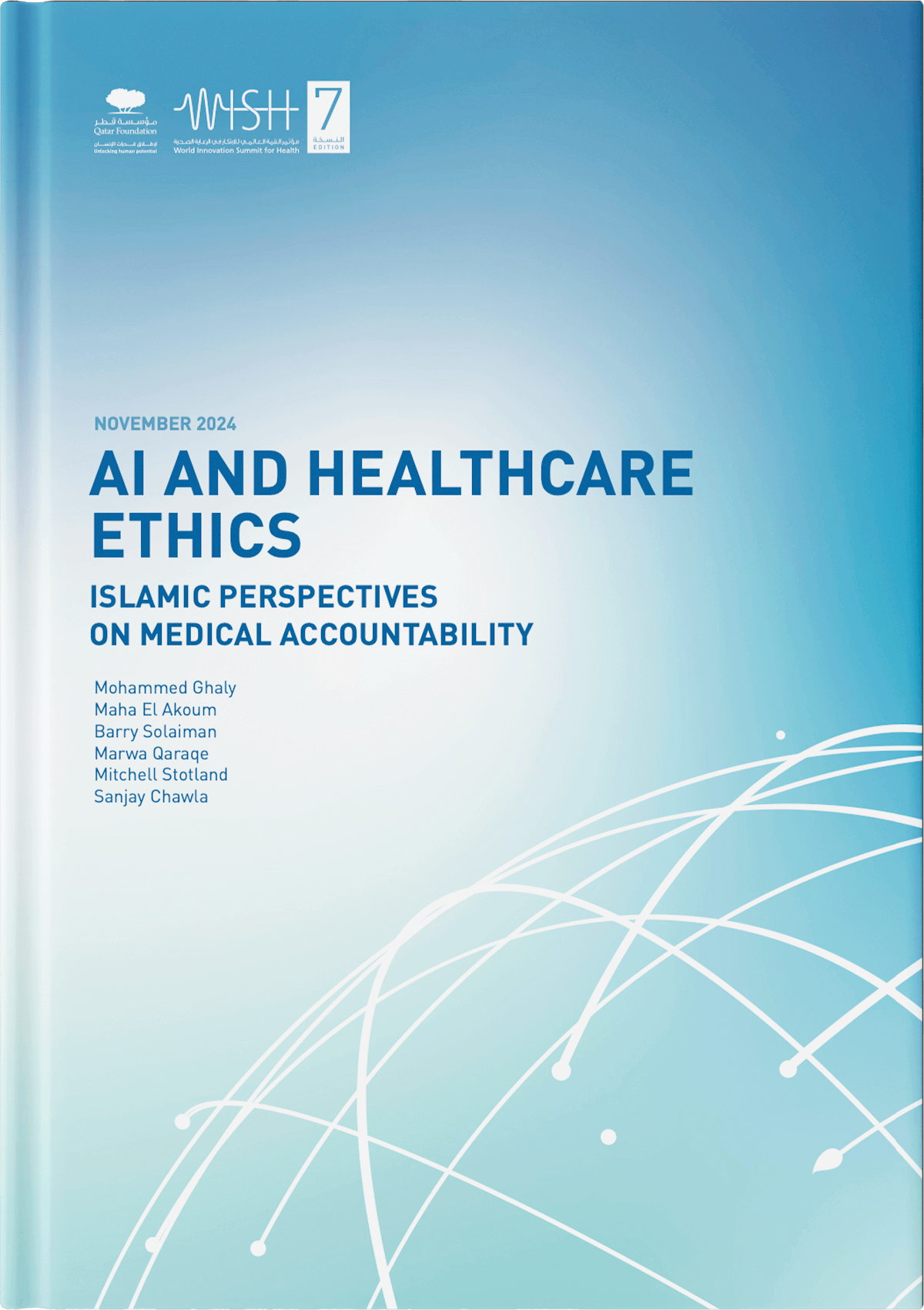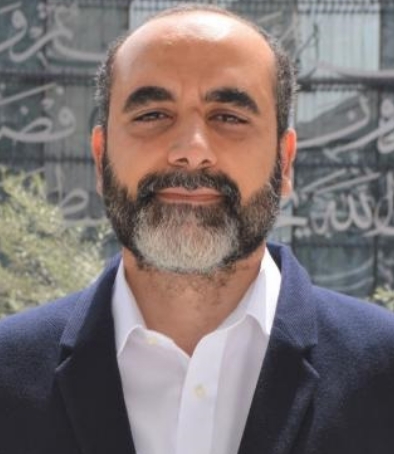
- Section 1. AI in healthcare explores the integration of AI technologies into medical practice. It assesses how AI can enhance diagnostic accuracy, treatment efficacy, and overall patient care. This section provides a comprehensive analysis of how AI technologies are transforming traditional healthcare paradigms and the implications for medical practice, while also addressing the challenges and limitations associated with its adoption.
- Section 2. Bioethical perspectives delves into the ethical implications of AI, as examined in the Western, dominantly secular, bioethical literature. It explores the ethical challenges posed by AI in healthcare, particularly in relation to medical accountability. The traditional physician-patient relationship, where the physician is the primary decision-maker, is disrupted by AI technologies. This section analyzes key ethical issues, focusing on the accountability of developers, clinicians, and healthcare systems. It highlights how the complexity of AI, its ‘black box’ nature (we cannot see how AI makes decisions or learns), and biases in algorithms complicate responsibility and decision-making. Other concerns include the digital divide, data security, patient privacy, and the impact of AI on doctor-patient relationships, all of which demand a reevaluation of ethical standards in healthcare.
- Section 3. Islamic ethical perspectives offers a comprehensive analysis of the concept of medical accountability, reexamining the roles of the three key stakeholders – God, the patient, and the physician – that have always been central to the Islamic moral tradition. Pre-AI insights are revisited in light of the profound ethical changes introduced by the AI revolution, as following:
1. Divine creator of the human body (God)In Islamic belief, God is the sole creator and genuine owner of the human body, with humans regarded as trustees of their bodies. The Qur’an emphasizes God’s authority and the sanctity of the human body, with medical procedures permitted as part of divine wisdom. Medicine, whose efficacy is linked to understanding and employing the consistent natural laws established by God, is considered a legitimate and religiously sanctioned practice.
While AI-enhanced medicine does not challenge the religious permissibility of medical practices, it cannot alter the core principles of accountability. Among all beings in our visible world, only humans are deemed religiously accountable. AI may influence medical decision-making processes, but it cannot assume the divinely endowed mental capacity granted to humans, which is necessary for moral responsibility.
2. Custodian of the human body (patient) In Islamic ethics, patients are trustees of their bodies, authorized to make medical decisions. Physicians must obtain informed consent before interventions, barring exceptional cases such as emergencies or public health risks. The physician-patient relationship is contractual, requiring clear communication and agreement. Scholars debate physician liability for procedures consented to by patients but not sanctioned by God. With AI in healthcare, these principles persist. Physicians are still required to obtain patient consent, and they may need to inform patients about the use of AI, as it is considered an emerging technology. The concept of charitable giving (ṣadaqa) might apply to using patient data for AI training, allowing ‘data donation’ by patients, while setting conditions to ensure that divine authority over their bodies – and, by extension, the data derived from examining those bodies – will not be violated. 3. Professional intervener in the human body (physician) Physicians are obligated to uphold ethical integrity and professional competence in their practice. The use of AI tools should aim to enhance the quality of medical care and must not be exploited for unethical purposes. This study explores the implications of AI on physician competence, particularly the potential shift in liability toward new and non-clinical stakeholders. It also examines the ethical challenges posed by the ‘black box’ nature of some AI-operated technologies, emphasizing the need to strike a balance between transparency and the efficiency and precision of medical interventions. In conclusion, in the era of AI-enabled medicine, we explore whether the collective liability shared by involved stakeholders, or the corporate liability of institutions will offer a more appropriate framework for addressing the risks and potential injuries associated with AI-driven healthcare. As AI technologies continue to evolve, new stakeholders – such as data scientists, AI developers, and institutions responsible for licensing AI-enabled tools – may also assume a share of the responsibility for medical accountability.

Prof. Mohamed Ghaly
Mohammed Ghaly is professor of Islam and Biomedical Ethics, and Head of the Research Center for Islamic Legislation & Ethics (CILE), College of Islamic Studies, Hamad Bin Khalifa University, Qatar. He has a B.A. in Islamic Studies from Al-Azhar University (Egypt) and an M.A. and PhD in the same specialization from Leiden University (the Netherlands). Between 2007 and 2013, Ghaly was a faculty member at Leiden University. Ghaly is the founding editor-in-chief of the Scopus-indexed Journal of Islamic Ethics (published by Brill). In September 2019, he assumed the role of founding Program Coordinator of the newly established M.A. in Applied Islamic Ethics at Hamad Bin Khalifa University. He also served as the Conference Chair of the 17th World Congress of Bioethics (WCB), the first WCB edition to be held in the Arab world and the entire Middle East. Islamic Ethics and its intersection with biomedical sciences and artificial intelligence (AI) represent Ghaly’s main research interests. He is the author of Islam and Disability: Perspectives in Theology and Jurisprudence (Routledge, 2010), and Islamic Ethics and Incidental Findings: Genomic Morality Beyond the Secular Paradigm (Springer-Nature, 2024). He is the editor of the volumes Islamic Perspectives on the Principles of Biomedical Ethics (Imperial College & World Scientific, 2016), Islamic Ethics and the Genome Question (Brill, 2019), and End-of-Life Care, Dying and Death in the Islamic Moral Tradition (Brill, 2022). Ghaly is also the editor of various thematic issues, the single author of more than forty peer-reviewed publications, and an editorial board member of several academic journals. Additionally, Ghaly is also the Lead Principal Investigator (LPI) and research consultant on a number of funded research projects, the most recent of which is on “Transforming Islamic Studies in the Age of Generative Artificial Intelligence (AI)”. His publications can be accessed via https://cilecenter.academia.edu/MohammedGhaly
